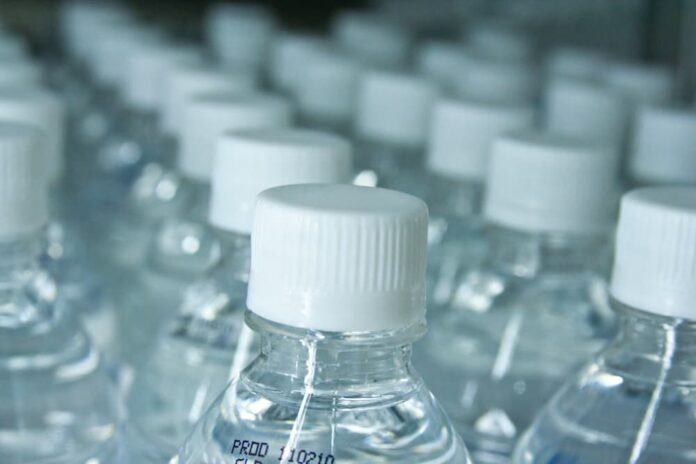It is unavoidable to throw trash, but it is possible to cit down using things that take long to decompose. By long, some of our daily items can take hundreds of year to break down. In the list below contains 10 imperishable objects that will never decompose because they require a lot of time. Maybe a few of them are what you often throw away, so let’s take a look.
1Disposable Diapers
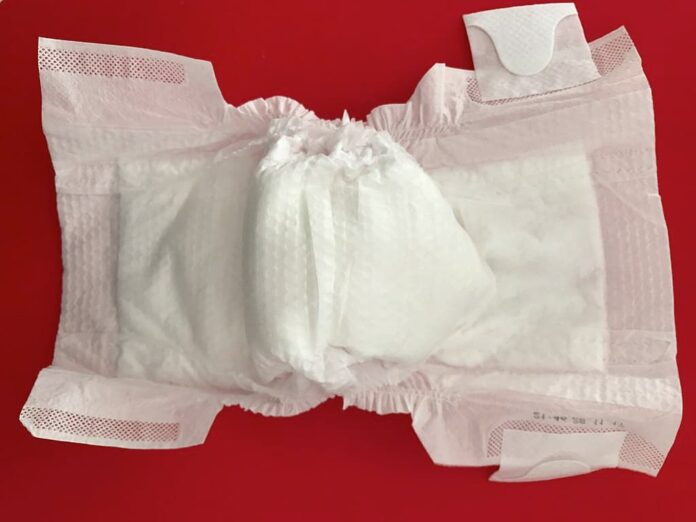
While providing convenience to parents around the world, disposable diapers also have their flaws especially to the environment. The components that one disposable diapers contains are absorbent materials, plastic, polyester, tissue paper, wood pulp, etc. Those materials simply make them non-biodegradable, and it can take up to 500 years to decompose in a landfill. You cannot recycle a disposable diaper, even the plastic shrink wrap that it comes in is also not recyclable. The only alternative to that is the single-use biodegradable diapers that use more sustainable materials to produce. At least this type of diaper is more eco-friendly although many of them still end up in the landfills.
2Glass Bottle
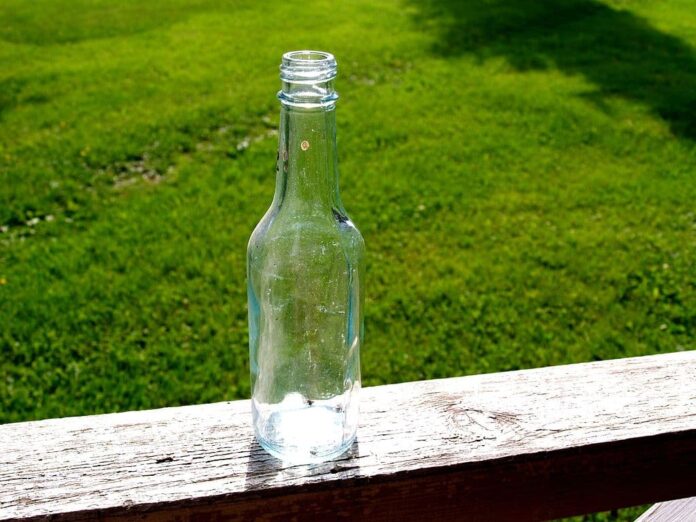
We can always recycle glass back it its original form over and over again for various different purposes. Glass never loses its quality despite the number of times that people recycle this material. The problem is that people still throw away millions of glass bottles every year in the US alone. Also, broken glasses go to the bin as trash not a recycling materials. More waste with low recycling rate simply makes them end up in the landfills instead of the recycling factories. According to the experts, it takes up to one million years for glass to decompose in the environment.
3Electronic Waste
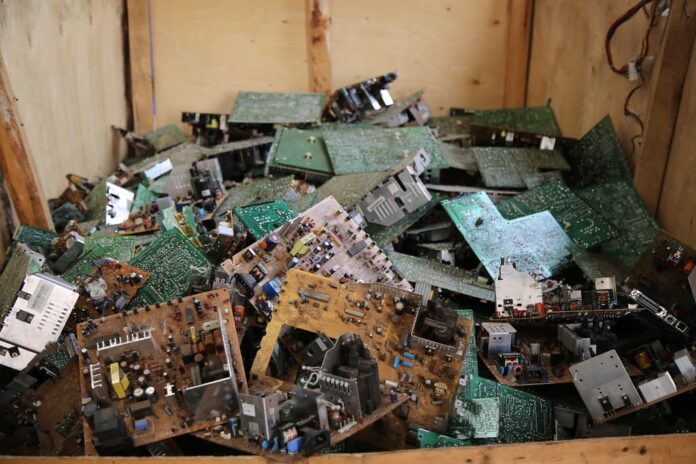
E-waste is a wide range of appliances and devices that use electricity such as air cons, cellphones, refrigerators, televisions, etc. Throwing away those old electronic gadgets is bade for the environment and the planet. That is because of the amount of arsenic, cadmium, lead, mercury, and other toxic chemicals they release into the atmosphere.
Should you think they are of no use anymore, there are companies that will purchase them even for parts. By selling your e-junkies, you will be able to make some cash while protecting the environment at the same time. You can also dispose them by using the manufacturer’s recycling programs in Best Buy, Home Depot, or Staples. Avoid throwing them away as much as possible because this type of waste does not decompose.
4Ink Cartridges
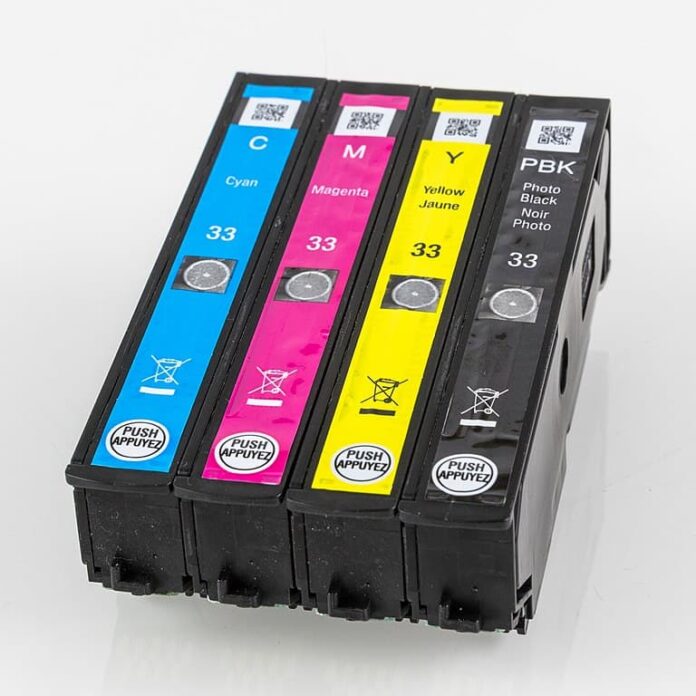
While most people focus on daily objects, they forget that ink cartridges that they use every day also take years to decompose. Billions of ink cartridges are used around the world, and less than 30% of them are recycled. That is because most recycling facilities don’t accept most ink cartridges so they end up in the landfills instead. Apart from taking from 450 to over 1000 years to break down, they also leak harmful chemicals into the soil when they do. The solutions so far is that Home Depot or Staples have rewards programs for those who return their used ink cartridges.
5Light Bulbs
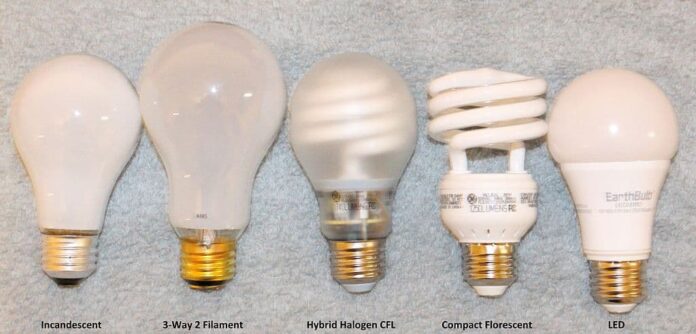
Energy efficient light bulbs will never decompose, so they will stay in the landfills for eternity. The type of bulb that is recyclable is compact fluorescent lamp (CFL) bulbs, but they still end up in landfills. Both of these two will leak mercury that could contaminate the local ecosystems when they sit in the landfills. The best way to prevent this is to bring them bulbs to a recycling center for proper disposal.
6Metal
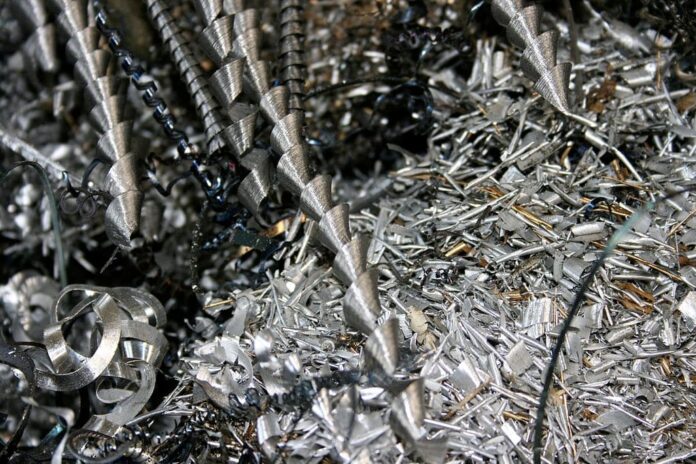
Durable and strong, metal still fall apart as time goes by but it does not decompose. There are small pieces of certain kinds of metal such as tin cans will rust and flake in around 100 years. The problem is that some of the larger pieces of metal like iron rivets or steel sheets neither degrade nor rust. In fact, it is also not biodegradable because microorganisms in landfills do not consume metal particles for nutrition. So if you throw away metal materials, they will just sit their in the landfill for hundreds of years.
7Plastic Bags
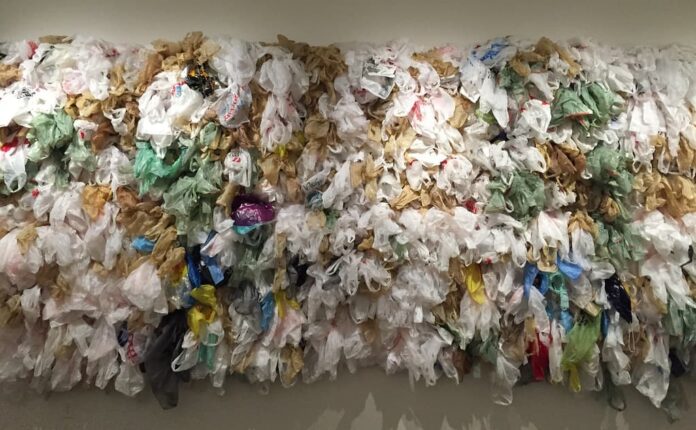
What can we say about plastic bags? They are everywhere, and people use them every single day. According to the Biological Diversity, people use up to 100 billion plastic bags a year in the US alone. Although people know the negative effects of plastic bags to the environment, many of them still use plastic bags. Waste Management said that only 1% of plastic bags are recycled, and it takes as long as 1000 years for them to decompose in the landfills. Before they can degrade, most of them end up in the digestive systems and habitats of the animals. Thousands of plastic bags enter the ocean, affecting and killing hundreds of marine animal species every year.
8Plastic Bottle
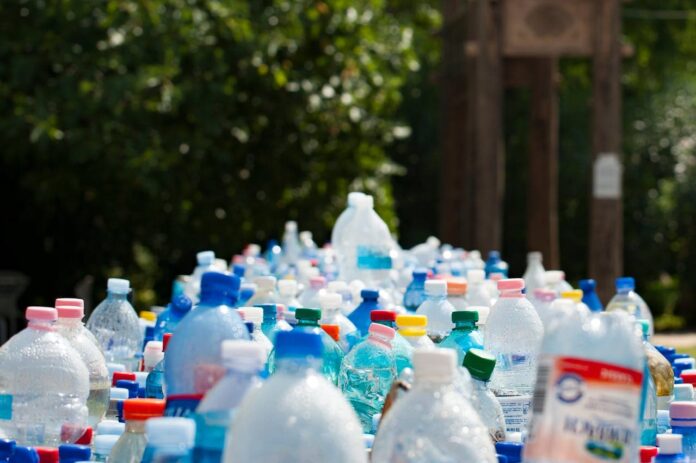
It is true that things are get better because some plastic bottles these days are recyclable. However, the traditional plastic bottles that we used before simply do not biodegrade, compost, or decompose at all. Because they are made from synthetic chemical ingredients like PET (Polyethylene Terephthalate), biodegradation organisms cannot consume them. The method to break them down is by using the process of photodegradation with UV radiation to break them to smaller pieces. If we want to natural decompose in a landfill, it takes about 450 years for that to happen. Just like plastic bags, plastic bottles also affect and kill a number of marine animals especially sea turtles.
9Styrofoam
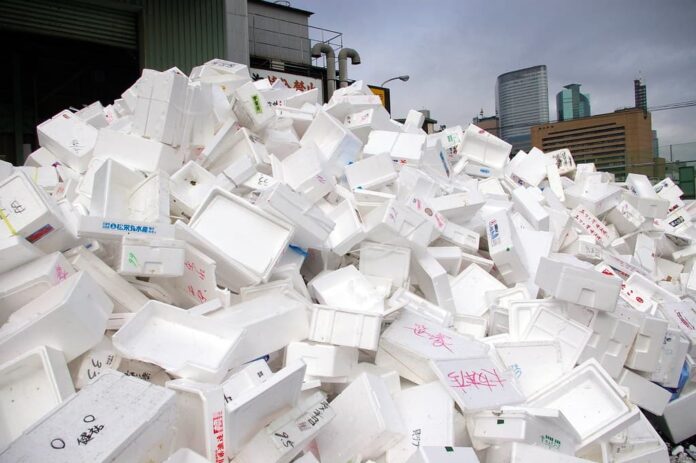
The dangerous thing about styrofoam is that they neither break down nor degrade over time. This material can also be destroyed by incinerating at extremely high temperatures, making it one of the worst creations. Because it floats, styrofoam accumulates along waterways around the world which affects the being and health of wildlife. Most common styrofoam items are coffee cups, coolers, egg cartons as well as to-go bowls, boxes, and plates.
10Ziploc Bags
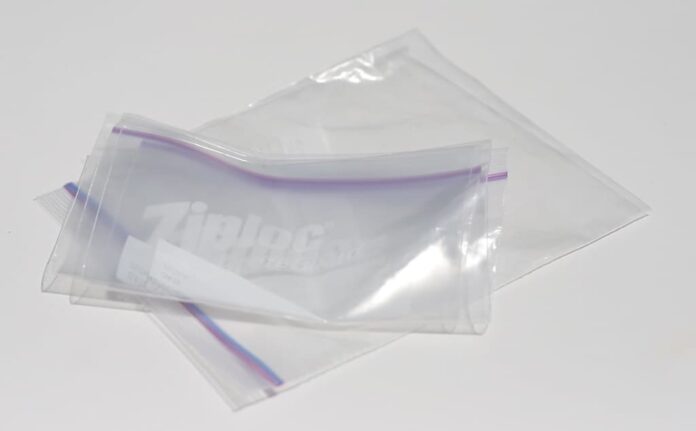
The ziploc bags are just another form of plastic bags that people use in food and other packaging purposes. Americans use millions of ziploc bags aka sandwich bags every year; hence the growth of non-recyclable plastic bags in the landfills. The material of ziploc bags is LDPE which is a common plastic produce that takes hundreds of years to decompose. Without proper recycling, LDPE can become an aquatic hazard or litter besides landfill waste.
Related Post: Plastic & Recyling Numbers

